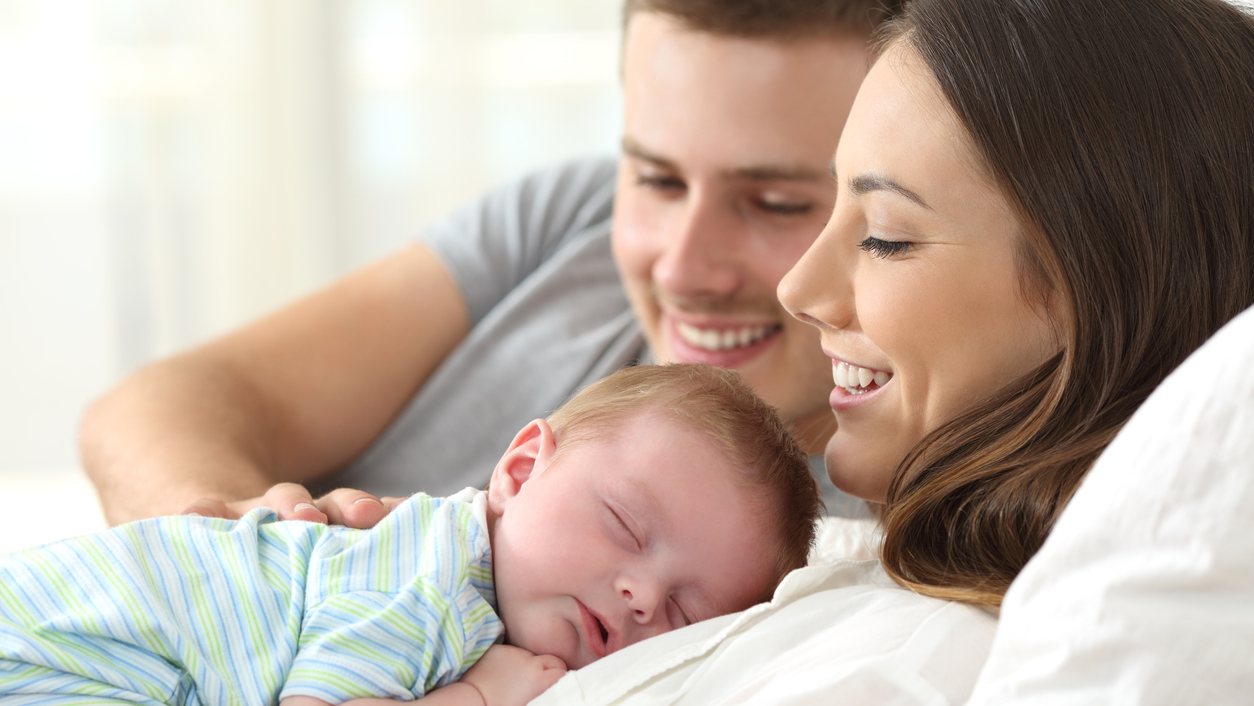The Faculty of Medicine of the University of Porto (FMUP) wants to analyze the influence of sleep on the development of children, a study was released this Thursday that includes the relationship between exposure to screens and melatonin levels.
“The way children sleep in early childhood impacts their lives and health well into adulthood. Early childhood is the construction of the house where we are going to live the rest of our lives,” said Andreia Neves, pediatric sleep specialist and leader of the study that bears the name “DreamPsy“, on an association between sleep and psychomotor development in childhood.
Speaking to the Lusa agency, Andreia Neves admitted that myths about sleep quality persist in society and regretted the lack of attention to this issue, compared to others that have deserved more attention.
“If you look at the media and quantify how often they talk about food and exercise, they are way ahead of how often they talk about sleep. And when we talk about sleep, we talk mainly about the sleep of adults. It is important to study children’s sleep, because early childhood is the golden age of brain development,” said the cardioneumologist.
To participate in the study, children must have between 18 months and 2 years and three months.
Subsequently, the children will be followed until they are 4 years old.
Andreia Neves, a doctoral student in biomedicine at FMUP, stressed that “the way a child sleeps at these ages will influence their entire career, that is, at the school level, and can condition the appearance of diseases in adulthood” .
“SleePsy” is a national study and recruitment will take place in Portin Vila Nova de Gaia is in Lisbonlasting until June.
The children will be followed for two years, performing three evaluations: at the beginning of the study, one year later and at the end of the study.
The FMUP has as a margin the recruitment of 150 to 300 volunteers.
The main objective is to answer the question: “How do Portuguese children sleep?“, in addition to other questions and even myths related to this topic.
“Do sleepless nights have an impact on the development of the little ones?”. And “what is the role of screens [tablets, telemóveis, televisão]: Are they friends or bad?
“We know that children are increasingly exposed to screens at a younger age. For this reason, our idea is to objectively measure the relationship between the time spent on screens and the quality of children’s sleep”, added the researcher.
Andreia Neves highlighted that this study will follow a different method, since most of the similar analyzes started with a questionnaire to the parents, while in this case the children’s sleep will be evaluated using a non-invasive device, similar to a watch. bracelet, validated and used. in hospitals by people of all ages.
This test, called actigraphy, will also measure the amount of light children are exposed to.
For Lusa, the doctor said that this study aims to standardize the recommendations that are given and contradict the fact that sleep is usually “the poor relative” in counseling.
“Recommendations made in the context of a routine consultation are very ambiguous,” he said.
The objective of this study is also to analyze the levels of melatonin, the so-called “sleep hormone” that is produced naturally by the human body and that contributes to regulating the biological clock.
Unlike most European countries, which require a prescription, in Portugal melatonin is sold without a prescription.
“The use of melatonin has been massive. I do a sleep consultation and it is rare not to have children who already take melatonin. But there is no protocol. Both kids appear making 10 drops, as well as four. And it’s not like many kids are melatonin deficient. For the most part, what you need is to correct your sleep habits and routines.”
To measure melatonin, researchers will use a urine sample from children.
In turn, psychomotor development will be assessed using the Child Development Skills Assessment Scale, which measures eight areas: hearing, vision, reasoning, fine and gross motor skills, autonomy, social interaction, and cognition.
In this evaluation, for example, riddles and games adapted to each age are used.
Premature infants and children diagnosed with developmental diseases are not eligible for this study.
Children with pathologies that require daily medication can participate, making an assessment, since there are medications that interfere with sleep.
Source: Observadora
